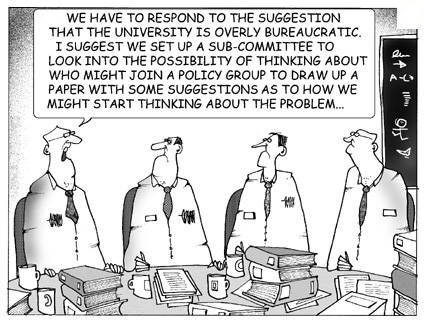CDF: Connecticut Department of Frustration, what’s your
problem?
Caller: Not a problem, just an observation… (Click)
CDF: (To Ms. Obstruction, her boss at CDF, seated next to
her). I love to get rid of these observant menaces. I usually hand them off
to the Department of Motor Vehicles. They always have a crush of business down
there, even more so now that some of the crew is working from home… Hello CDF.
Caller: I’m a lobbyist, and I’m calling for…
CDF: Hold on a sec sir, I’ll connect you with the governor’s
office. (To Ms. O) Money talks, “Them that’s got shall get” and all that
jazz... Hello, CDF.
Caller: I own a restaurant in Hartford within sight of the Capitol Building...
CDF: (Snickering) The General Assembly has been
closed for many weeks, but it’s nice to have a pleasant view.
Caller: Yes, IF I were able to open, but I have no space for
outside tables, and so we fall outside the governor’s “You may open if”
parameters, (bitterly) unlike our nearby competition.
CDF: If you’d like to report your neighbor for some
infraction, I can connect you with the Connecticut Department Of Snitchs
(CDOS). You may report him… or is it her?
Caller: The owner falls between traditional gender slots, if
you know what I mean.
CDF: Ah, protected class restauranteur, that’s a tough one.
Caller: I don’t want to report anyone or close anyone down.
But I think you can see how frustrating all this is for us. The governor announced
a couple of days ago that he was revoking his earlier announcement that salon
owners could open on May 20 because, he said, some owners had called his office
and claimed they could not open on that date, owing to a lack of
PPEs. We went out and bought protective gear from our dwindling profits. The
problem with restaurants is exactly the same; some can open because they have
access to outdoor space and others, who have no such access, can’t. So,
shouldn’t the same standard apply? Also, where do I go to recover profits lost
though executive orders that have not been passed into law by the General
Assembly? Are the governor's orders laws or creative suggestions?
CDF: Well, that falls outside the preview of this office.
Let me connect…
Caller: Wait. Don’t hang up on me. And DON’T transfer me to
some other office that cannot handle my problem. I’ve already been transferred
FIVE times. And I STARTED with your office two days ago. Would it help if I
were a lobbyist?
CDF: ARE you a lobbyist? They appear to be the only people
still working who have a direct connection with the shuttered General Assembly,
other than union leaders. Are you a union head, perhaps a member of some
protected class?
Caller: MAYBE.
CDF: Okay then, what’s your problem?
Caller: (Snarkily) Well, we’ve decided to close down,
owing to a lack of profits, owing to the governor’s business shutdown. So,
naturally we’re going to sue.
CDF: You do know the courts are partly shutdown. There’s a
backlog.
Caller: (More snarkily) Yes, but that has nothing to
do with this call. Since we are now officially out of business, we think we
might be able to recover some of our lost profits by selling our PPEs to
restaurants in the state with outdoor space that have been allowed to reopen.
We’d like you to connect us with the relevant department in the state’s massive
public employee ganglion that can facilitate our desire to feed and employ
people in what is left of Connecticut's private marketplace by selling our gear to them –
at a much reduced price of course.
CDF: Hang on. I’m transferring you. (Click. To Ms. O)
DMV should be able to handle that. (CDF’s red cellphone rings. With great
trepidation, Ms. O answers.)
Ms. O: Yes?
Caller: It’s the governor’s office.
Ms: O: Yes, I know.
Caller: How do you know?
Ms. O: You assigned us red cell phones, and your call is
coming through ours.
Caller: Of course. I forgot about that. We’re shutting down CDF.
Mrs. O: What? That can’t be possible. I met with the
governor yesterday. We were only created a few days after the Coronavirus
arrived from… wherever…
Caller: China, Wuhan, possibly in a research laboratory.
Mrs. O: I thought we weren’t supposed to mention that.
Caller: Yes, well, this is a RED phone call. Anyway, we’re
closing you down. As you know the CDOS tracts phone calls – just numbers, no
content yet. And we find that the incoming and transferred calls from your
department correlate a little too closely. Then too, we have had persistent
complaints from the overburdened DMV that you are transferring to them calls
you ought to be handling yourselves -- so, shutdown time. Let me ask: Do you
think it reasonable that any of our departments should be consuming scarce tax dollars
by transferring work to irrelevant departments?
Ms. O: (Astonished) Wait a minute. I see from the
callback number here on the red phone that this call is not coming from the
governor’s office. Who IS this? I’m going to report this call to CDOS. There
are measures…
WARNING TO THE INATTENTIVE READER: THIS IS A SATIRE.

Comments